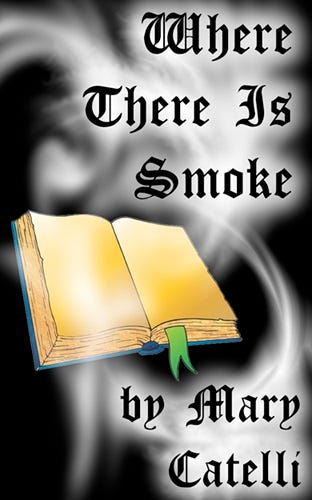One thing to consider in making your magic is the scientific aphorism: all models are wrong; some are useful.
Some people think the geocentric Ptolemaic system was shown to be wrong because the telescope produces observations incompatible with it. The thing is, the system could always be refined. Throw in a few more epicycles. As a professor at my engineering college observed, the Ptolemaic system was a Fourier series, and a Fourier series can always model any function to any necessary (though finite) degree of accuracy.
Planetariums use the Ptolemaic system to this day, because it simplifies the math of showing where things are relative to Earth.
What the Keplerian system really offered was simplification. Copernicus offered a system that also contained epicycles, and what it gained in simplicity, it made up for in greater inaccuracy. What Kepler offered was a model based on ellipses.
This was far more offensive than the notion that the Earth was not the center of the universe. In the Ptolemaic system, it was the center because it was the point to which all things fell. Literally. When Dante and Virgil reach the bottom of Hell, they escape by climbing down Satan's gigantic body -- except that they can only climb down to his waist. From his waist to his feet, they climb up.
In ancient and medieval cosmology, even among philosophers who did not put Hell in the center of the Earth, all the heaviest and least ethereal, and worst, stuff fell to make Earth. The dross, the dregs of the universe. (One scholar rejoiced to learn that the Earth was a planet with its own light and motion in the Copernican system.)
But the circle, and the sphere, were the perfect shapes in Greek philosophy. To have imperfect ellipses in the perfect heavens!
I tell this not only as an account of differing priorities across time, but to return to an issue I brushed on a while back, in "In My Beginning Is My Ending".
Making the magic too neatly diagrammed -- if it is orderly, it needs to rhetorically fleshed out so that it's clear that the order reflects a deep structure. Making the magic too grab-bag -- this enchanter sings spells, that pyromancer casts fire spells, this one does calculations first and then uses his wand -- unless you lay out the situation, rhetorically, to convince the reader that your different spell-slingers actually carve up magic that differently.
After contemplating this for a time, I realized what it is really needed for magic -- at least magic that works like technology1 -- is models, all of which are false, some of which are useful.
The advantage of this over science is that you do not need to model the world, you just need to model the magic.
The disadvantage of this is that you are creating the magic itself as well as the simplifying models that make usable systems, which always get tricky. The necessity is to imply the background of greater complexity without make it too schematic.
Perhaps enchanters model the world, after Pythagoras, as music, which they regard as numbers over time; perhaps sorcerers use geometric figures, numbers over space. Perhaps each one knows that the other's model works better for some situations. (And as an advantage, you can use different names to tell them apart2.)
Your wizards can deal with fire, air, water, and earth, or water; or for that matter, wood, fire, earth, and metal; or, for that matter,
There's antimony, arsenic, aluminum, selenium,
And hydrogen, and oxygen, and nitrogen, and rhenium
and all the rest of the song.
Quoting Tom Lehrer in tale is probably bad world-building, but there's no reason why you can't base the magic on the periodic table of elements.
Indeed, in Where There Is Smoke3, I had the wizard lecture his former study about the nature of fire, air, water, and earth: once upon a time, wizards thought they were the elements of which things were built, but nowadays they know these differ, in fact, by the way the elements are joined. (The states of matter, as we say. Not him. He refers to the forms, and not more. But we would call them (imperfect) plasma, gas, liquid, and solid.)
Describing how your models supersede others makes them seem more real. What's more, it gives your world more background and history, and makes it seem more real, which is another advantage, besides making your magic coherent. And every bit helps.
Magical Technology
Any sufficient advanced magic is indistinguishable from technology. This is a very useful axiom if you wish your high fantasy to evade the downsides of history.
Wizards and Witches And Warlocks, O My!
Any thesaurus can provide you with terms to refer to people who can work magic. Wizard, witch, warlock, sorcerer, enchanter, magician, mage, magus, charmer, necromancer, thaumaturge, thaumaturgist, occultist, alchemist, conjuror, theurgist, and more.
Available at Amazon, Barnes & Noble, Kobo, Apple Books, Smashwords, and many other fine venues!








Well now I really want to quote Tom Lehrer in a fantasy story...
I have created a very orderly magic system for my fantasy world, with plenty of variability that leaves room for lots of surprises.